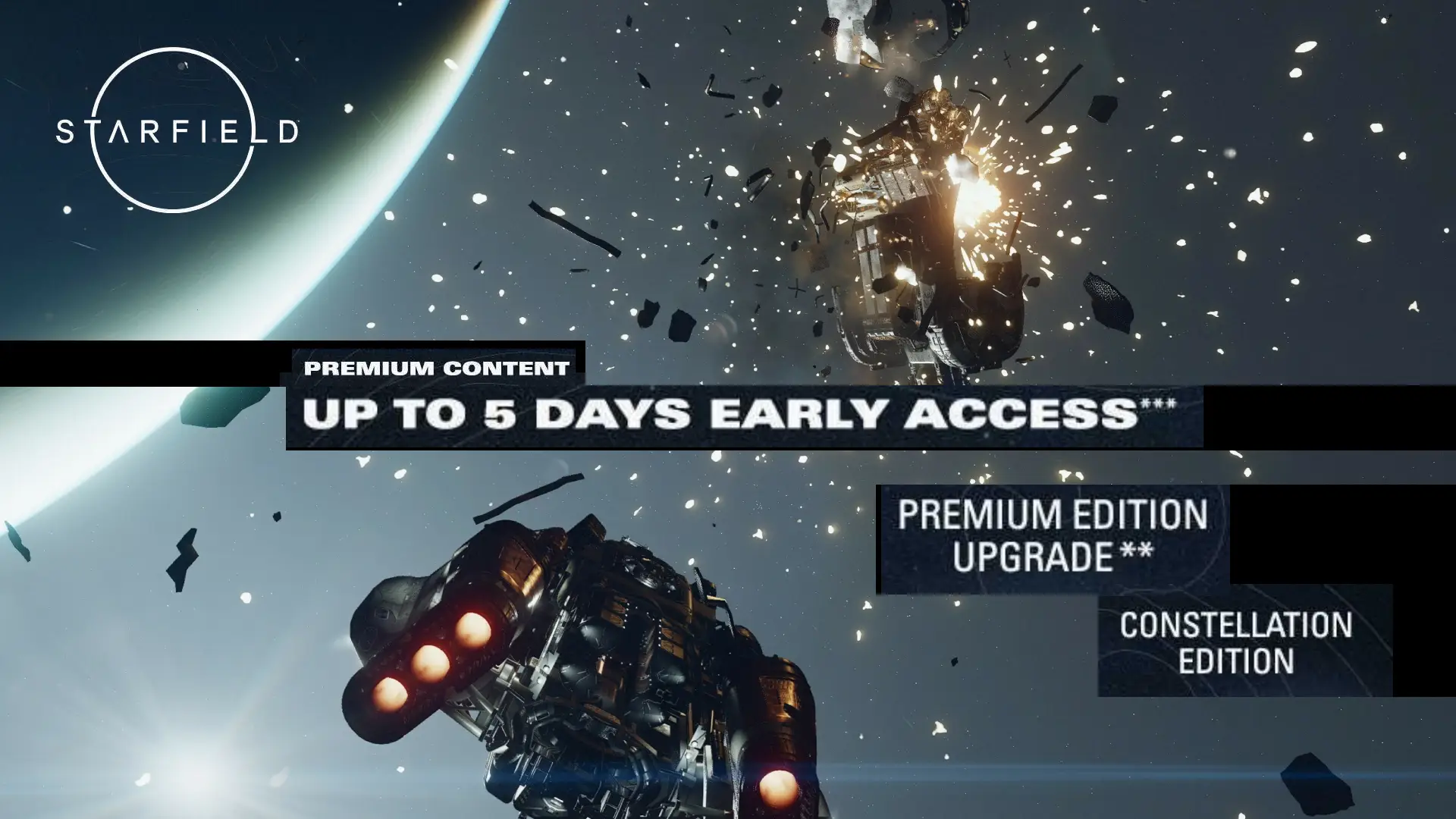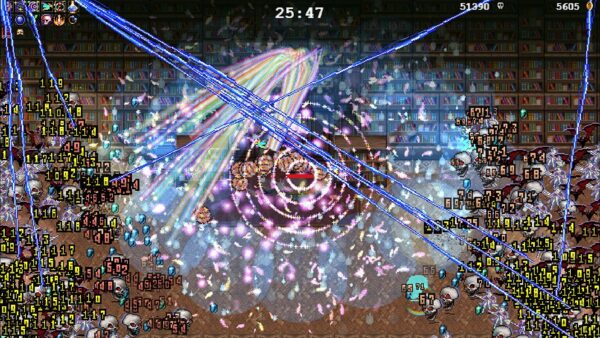
If you want to play an anticipated game early, you’ll have to pay a lot more. Vikki digs into a problematic, increasingly common practice.
For a long time, the words “early access” used to mean something very specific in the game space. I even wrote about it a little while back, pondering aloud why it is gamers – more than film lovers or bookworms or music aficionados – are prepared to buy an unfinished product without so much as a promise that a final version will even be available, let alone any good.
Now, however, the term doubles up for something else, too. In addition to describing a game still in active development, you’ve probably seen the words ‘early access’ appended to more adverts than ever recently. That’s because as well as signalling a game that isn’t quite ready for a full release, ‘early access’ also now pertains to the practice of giving players the chance to pay to play a game ahead of its official release or ‘street date’.
Like a lot of gaming’s more insidious practices, I don’t really recall when this first happened or why the term ‘early access’ was quietly reframed in this way. My first conscious recognition of it came a few years back, when EA Play – then called EA Access – introduced game trials, a novel system that let subscribers play up to eight hours of brand-new games up to five days before the official release. Unlike demos, EA’s trials gave you access to the full game, limiting only the time you have to play it rather than the experience itself. And progress you made could then be transferred over if you liked what you saw and decided to buy the full game.
Fast forward to today, though, and it seems the term is everywhere. Starfield. Mortal Kombat 1. Lies Of P. Payday 3. All released in September 2023. And all let a select group of players into their virtual worlds earlier than others, access permitted or denied depending upon how much money you paid.
Pre-order bonuses are hardly new, of course. For ages now, publishers have been tempting us to make an early investment in their games by offering perks like cosmetic skins, in-game currency, unique weapons, or digital books and soundtracks. Increasingly, it seems it’s only those with pre-orders who get access to alpha and beta builds… and it’s only the players who stump up for the very fanciest (read: expensive) collectors editions that have unlocked a new kind of reward: an extra day or two (or five) to play the game.
In fairness to the games I listed above, this isn’t exactly new. In fact, I reported way back in 2015 that players who pre-ordered any version of NBA 2K16 – which was released at the end of 2015 – would get to play the game four days ahead of its formal release date. Yet all of a sudden – much like DLC and microtransactions and battle passes and £70 price tags – what once was pretty rare seems suddenly endemic, and all the major publishers are echoing the same incentives.
On the face of it, there’s nothing wrong with this, of course. Publishers want to sell, gamers want to buy: and what’s wrong with that? The problem, though, is that in some instances, it creates an uneven playing field. Even setting aside the beta and alpha tests that let eager players get an early grasp of a game’s schemes and mechanics, this kind of early access is, at best, a means of excluding players who may not have the money to fork out for £250 collector’s editions upfront, in one go, or at all… and at worst, it’s a shallow pay-to-win sleight of hand that gives more affluent players the chance to play and perfect competitive games several days before their poor – pun intended – competitors.
I don’t suppose it matters much if it’s a single-player narrative adventure. The plentiful spoilers aside, giving players early access to a game they play alone doesn’t do much harm beyond inflating the ever-present cloud of FOMO that fogs up Reddit and social media.
It is problematic, though, when players get several days to perfect their favourite fighter, perhaps, or grind to unlock a particularly deadly weapon ahead of everyone else. It is a problem when they’re able to practice for several days on stable servers, only for those servers to collapse and die for days under the weight of the unwashed masses. Getting through the day is hard enough as it is… so why are we making it so much harder for us to take each other on in a little friendly competitive play as equals?
And that’s the bit that doesn’t sit well with me. We already know how tough it is, how tight money is, how hard it is to make ends meet at all, let alone splurge hundreds of pounds on what is – let’s face it – already a very expensive pastime. It’s getting cold again, and dark, and the habits and sacrifices you’ve made all summer to get to the next payday may no longer go far enough. And so it seems unduly cruel that in a world where more affluent people already prosper, that unfair advantage is now seeping into our virtual ones, too.
Vikki Blake has a column every week here at whynow Gaming. You can read her previous dispatch here.





